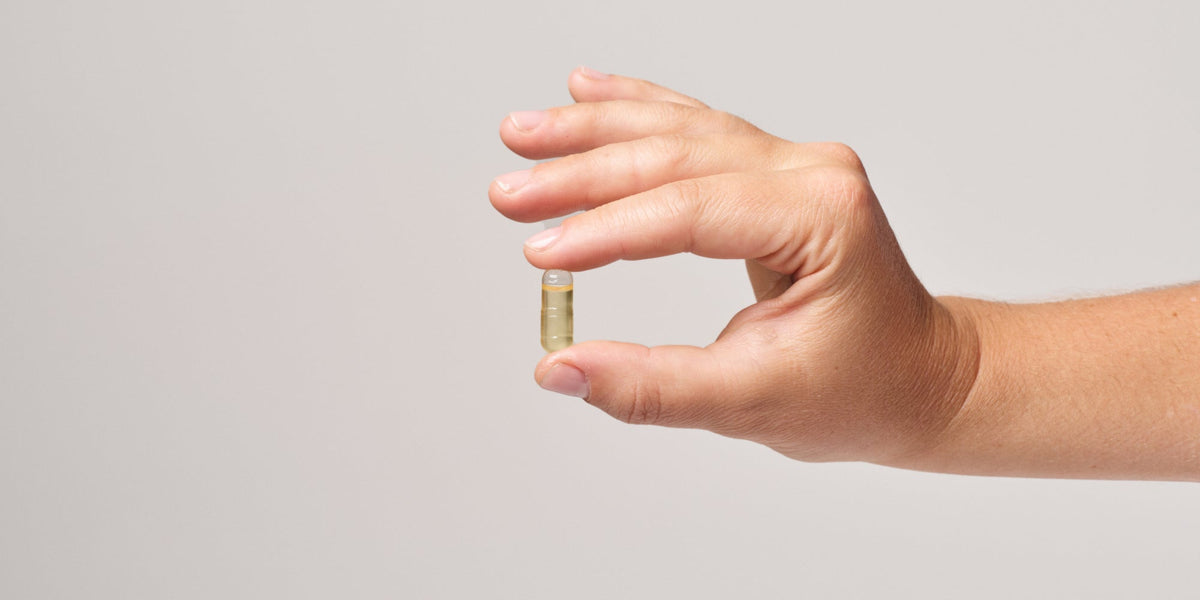
Vegan Omega-3s: A Simple Guide to DHA, EPA & ALA
|
|
Omega-3 fatty acids are essential fats that your body needs but can't make on its own. Think of them as crucial building blocks for your health; they help fight inflammation, keep your cell membranes healthy, and support your heart, brain, and eyes.
ALA (Alpha-linolenic acid) is the plant-based omega-3 found in foods like flaxseeds, chia seeds, hemp seeds, walnuts, and some leafy greens. This is the easiest one for vegans to get.
EPA and DHA are the more powerful omega-3s that your body really wants. They're mainly found in fish and sea plants (algae). These are the ones that do most of the heavy lifting for your health.
Here's the catch: Your body can convert some ALA into EPA and DHA, but it's really inefficient. Only about 10% of ALA gets converted to EPA, and less than 0.5% becomes DHA. Is it technically possible to achieve the recommended amount through a vegan diet; yes, but it is not very practical.
EPA is your body's natural anti-inflammatory. It helps reduce inflammation throughout your body, which is great for your heart and has even been tied to help with some mood disorders. Think of it as putting out inflammatory "fires" before they cause damage.
DHA is brain food. It makes up about 40% of the fats in your brain and 60% in your eyes. It's essential for brain development, memory, and vision. During pregnancy and early childhood, getting enough DHA is crucial for proper brain and eye development.
Since EPA and DHA are almost non-existent in land plants, vegans face a real challenge. You're basically relying on your body's poor conversion system to turn ALA into the omega-3s you actually need. Several factors make this conversion even worse:
Your genes: Some people are naturally better at this conversion than others
Your sex: Women tend to be slightly better at converting ALA than men
Too much omega-6 in the diet: Common oils like soybean, corn, and sunflower oil may interfere with omega-3 conversion. Most Western diets (including vegan ones) are loaded with omega-6 fats, which creates inflammation and blocks your body from making the omega-3s it needs.
Start with a well balanced diet of naturally-rich ALA foods daily:
1-2 tablespoons of ground flaxseed
2-3 tablespoons of chia seeds
A handful of walnuts
Consider getting tested. An Omega-3 Index blood test can tell you exactly where your levels are and whether you need to adjust your intake.
Consider taking an algae-based supplement. Look for supplements that provide 1000mg of combined EPA and DHA daily.
Special situations: If you're pregnant, breastfeeding, an athlete, insufficient or dealing with inflammatory conditions, you might need higher doses (up to 2,000mg daily), but check with a healthcare provider first for your specific needs.
ALA from plant foods is important, but it's not enough on its own. The conversion process is just too inefficient to meet your body's needs for EPA and DHA. The good news? Algae-based omega-3 supplements prove to be a great solution to this problem. They're vegan-friendly, sustainable, and give you the EPA and DHA your body actually needs; with no fish required.